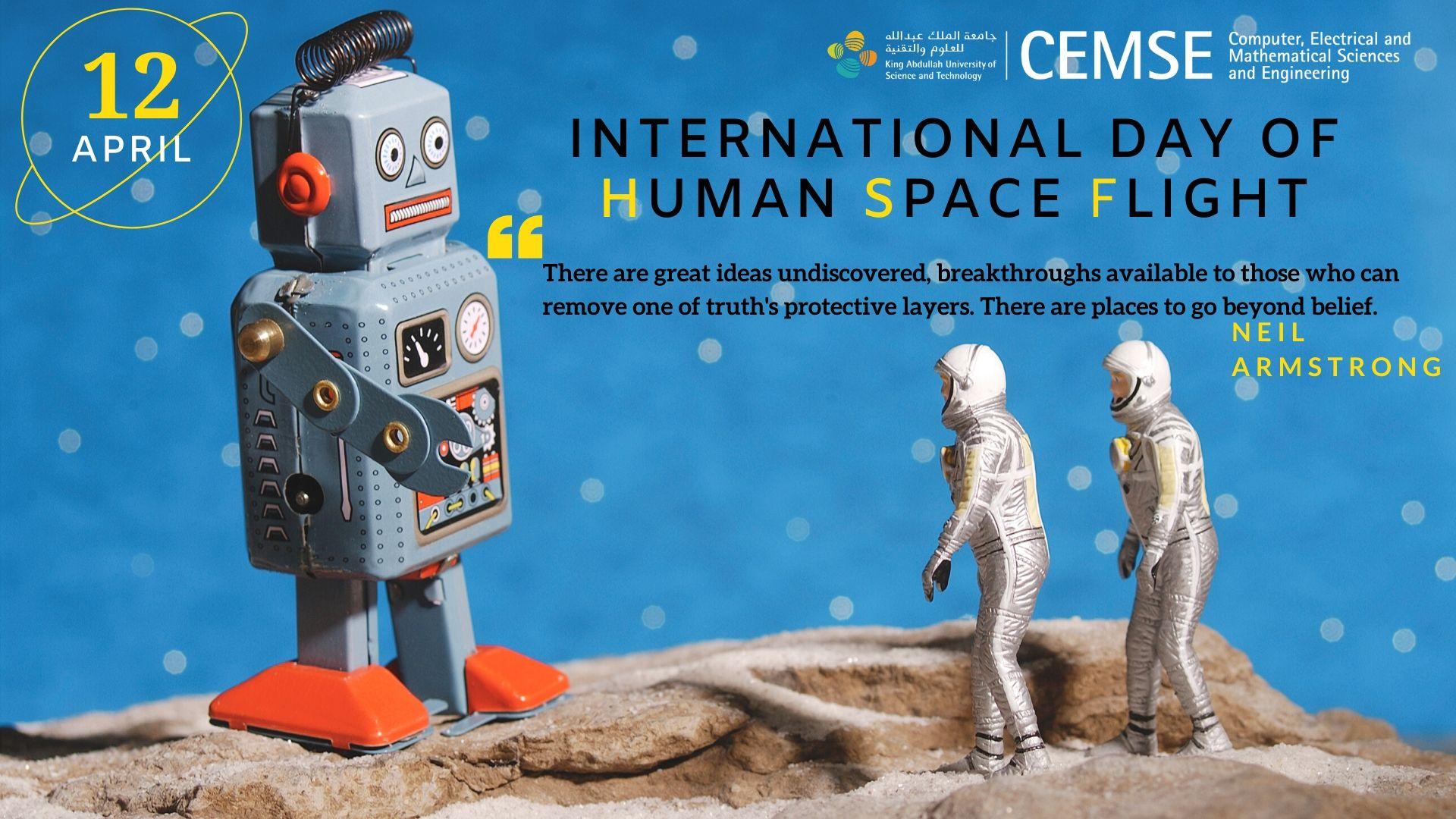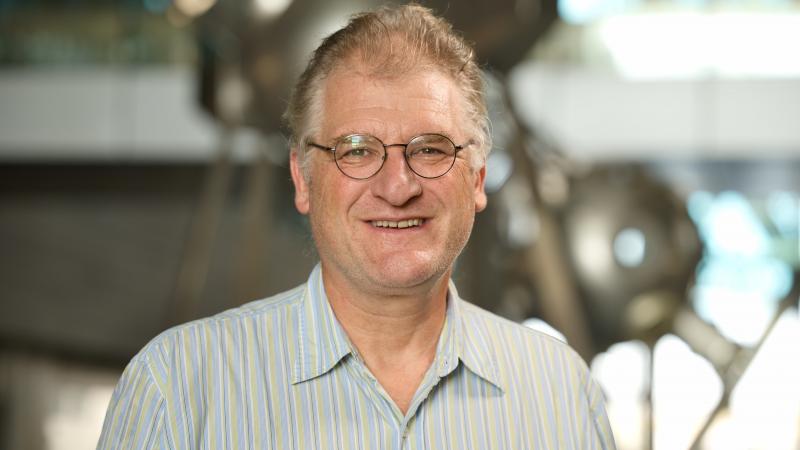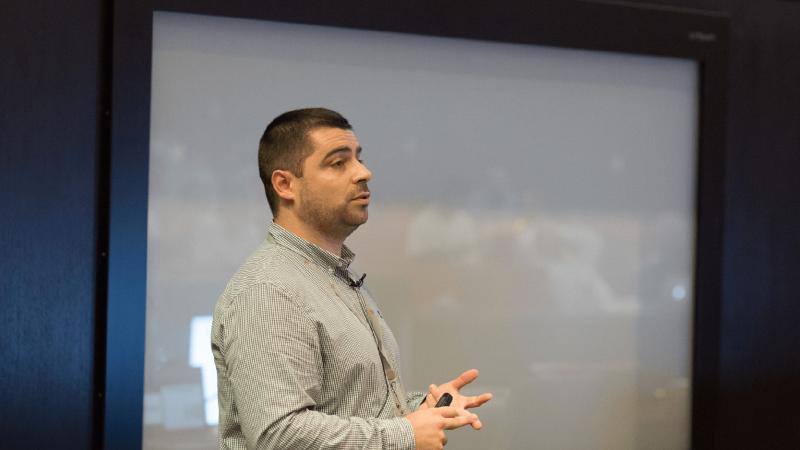Rocket Scientists @KAUST
Which is your main ongoing RESEARCH in the aerospace and space flight sectors?
I study high pressure flames and high speed combustion. Both are simplified versions of what’s happening in rocket engines and other propulsion systems. Prof. Deanna Lacoste
I work in high pressure combustion, just what is needed in a rocket engine or other propulsion device. Prof. William Roberts
Two keywords here: "turbulence" and "computational aerodynamics". In my group we conduct research in simulating turbulent flows over airfoils, wings and other aerodynamic shapes to better understand the flow physics with applications to the aerospace industry, and wind turbines. Prof. Ravi Samtaney
I am currently working on the following topics: new drone concepts for modularity, scalability and agility, aviation electronics, including reliability and safety, aircraft and spacecraft collision avoidance, earth-based testing reduced-gravity techniques for spacecraft and extra-terrestrial robots, door-to-door transportation of human passengers, hybrid propulsion systems operation. Prof Eric Feron
I work on novel, efficient and accurate algorithms for large scale computations that can be used for the aerodynamic simulation of aerospace vehicles and objects. Prof. Matteo Parsani
My research is on high fidelity computational modeling of combustion processes, applicable to combustion engines used in aerospace vehicles. Prof Hong G. Im
Why do you think aerospace and space flight sciences are also called “rocket sciences”?
Aerospace and space flights are called rocket science because of the very large number of disciplines that must be mastered in order to have a successful flight. In addition, it is extremely hard to make an aircraft or a rocket reliable, and failures always make the headline news. Unlike many other industrial activities, trial-and-error is not an option. Prof. Eric Feron
I think the term 'rocket science' is very American and it originates from the US space program. Nowadays, this term and its idiom are parts of many dictionaries including Collins and Cambridge dictionaries. It is often used for anything that that is really hard to do or understand. Many think, and probably for good reasons, that many research areas in aerospace engineering are rocket science. Prof. Matteo Parsani
During WW-II the Germans figured out a way to control rockets and launched a number of these rocket bombs (V1 and V2) on Great Britain. Subsequently, some of these rocket engineers were brought to the US. The original "rocket scientists" had to be good in mathematics, physics and engineering. The field of study was essentially nonlinear physics- considered the hardest of the classical physics/ mechanics fields and practitioners came to be known as "rocket scientists", and the field as "rocket science". The phrase itself is seductive and fires up the imagination. Kids want to be "rocket scientists" when they grow up. Prof. Ravi Samtaney
I think the term ‘rocket science’ is very American, and came from the early days of the space program (late 1950s onward) when there were so many very public failures of rocket systems and the general public realized just how hard it was to be successful. Many of the rocket pioneers in the US were captured from Germany as they were being defeated in WW2 (operation paperclip) and sequestered in a small town in Alabama. This kind of added to the mystery and mystique of ‘rocket scientists’. Now the term is ubiquitous to mean anything really challenging. Prof. William Roberts
You need a rocket for space flights. Liquid rockets running on liquid fuels are used within atmosphere (air-breathing), and for outer space (no air), either solid rockets (no need for air) or liquid rockets equipped with a liquid oxygen tank are used. Rocket science is difficult because it is extremely challenging to operate the engine stably and safely for a longtime at different altitudes and different speeds. Prof. Hong G. Im


